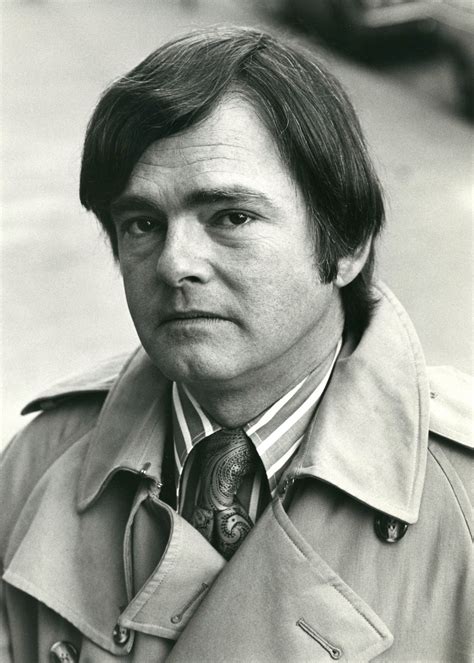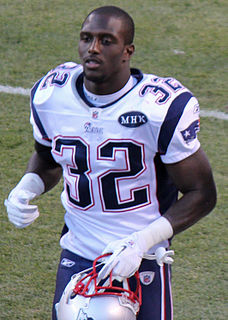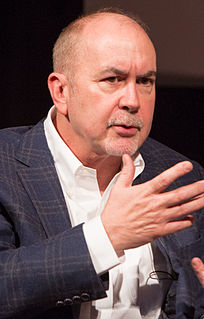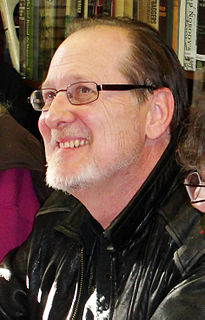A Quote by Paul Brodeur
Paranoia is a social disease-you get it from screwing other people.
Related Quotes
The step between prudence and paranoia is short and steep. Prudence wears a seat belt. Paranoia avoids cars. Prudence washes with soap. Paranoia avoids human contact. Prudence saves for old age. Paranoia hoards even trash. Prudence prepares and plans, paranoia panics. Prudence calculates the risk and takes the plunge. Paranoia never enters the water.
The reason I got into sickle cell was my aunt has the disease, my uncle has the disease, and then the more I looked into it, a lot of minorities have the disease and it just doesn't get covered. No one really talks about it, and I felt it was the same thing with the different social injustice issues and topics that I kind of dove into.
People still think of AIDS as a shame-based disease, it's a sexually transmitted disease, and you're either gay or you're a prostitute or an intravenous drug user. And so a lot of people are still very bigoted about this disease. It's such a treatable disease. It's so - the end is in sight for this disease, medically.
And every historic effort to forge a democratic project has been undermined by two fundamental realities: poverty and paranoia. The persistence of poverty generates levels of despair that deepen social conflict the escalation of paranoia produces levels of distrust that reinforce cultural division. Rae is the most explosive issue in American life precisely because it forces us to confront the tragic facts of poverty and paranoia despair, and distrust. In short, a candid examination of race matters takes us to the core of the crisis of American democracy (p. 107).
Paranoia imposes its own vision on the external world; it differs from other kinds of visionary experience in that the paranoid wants others to share his view—even insists on it. Paranoia is very like poetic creativity. This accounts for my fascination with certain people in whom this state of mind was evident: ‘characters’ met by chance, whose words and gestures would haunt me for years until, finally, in a poem I was able to dispel them.
Though social eugenics was discredited long ago, we still often think of the genome in quasi-eugenic terms. When we read about the latest discovery of a link between a gene and a disease, we imagine that we've learned the cause of the disease, and we may even think we'll get a cure by fixing the gene.
People at CDC [Centers for Disease Control] who cut their teeth on diseases over the last 10 years have started to think of crime as another disease, and using some of these same concepts. It was something that was in the air in that world, but it was time to bust it out and apply it to any number of different social epidemics.






































